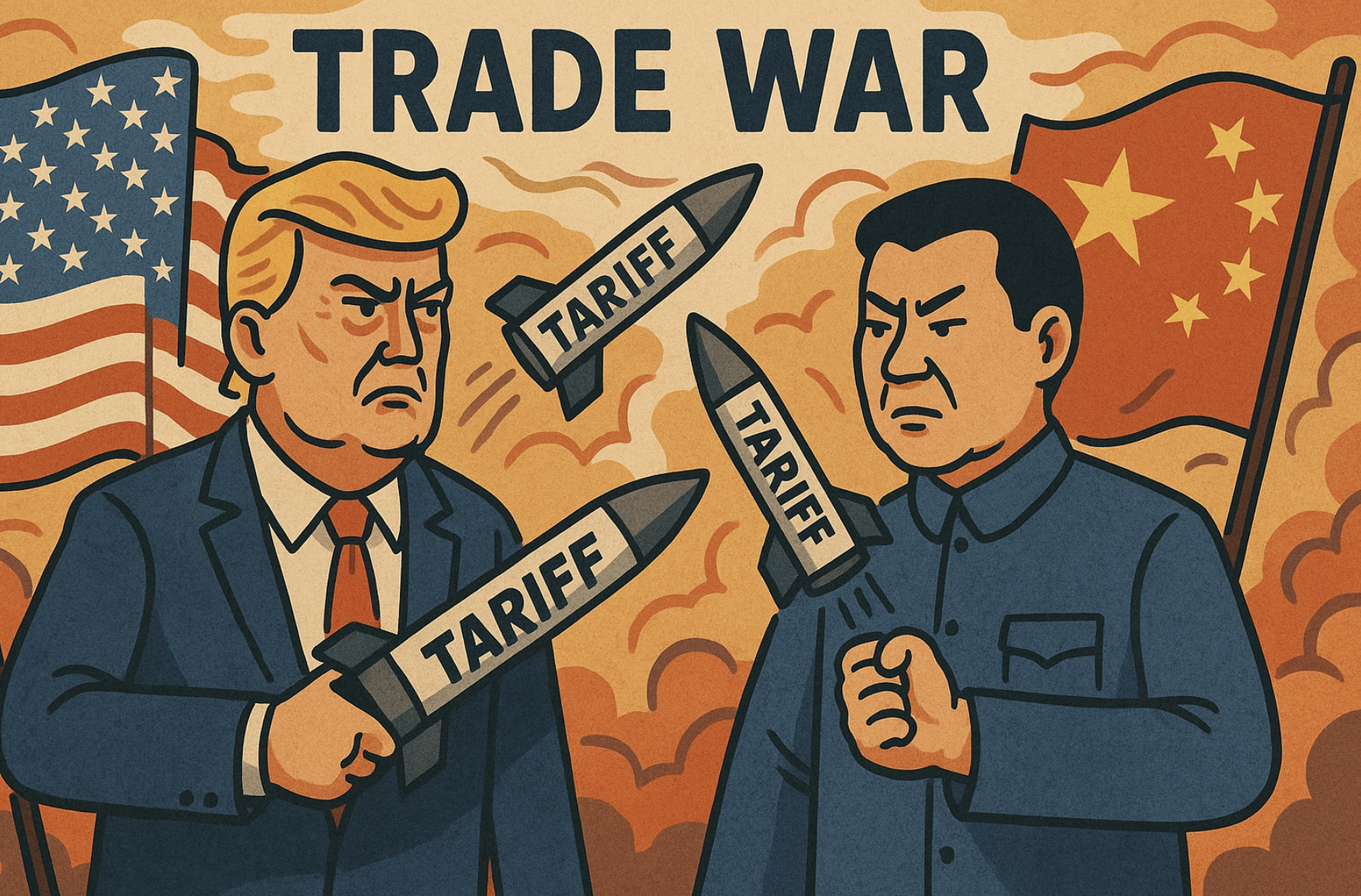
[객원 에디터 3기 / 한동민 기자] Facebook founder Mark Zuckerberg recently met with Meta executives to lay out the road map for the future of the company.
The move to adopt the new name ‘Meta’ several months ago hinted at Facebook’s reoriented corporate strategy towards metaverse dominance. This development occurred amidst close competition with top rival TikTok – another rising star in the metaverse market. In this effort, Zuckerberg has aimed to strengthen his company’s competitiveness by cutting low-performing employees, reshuffling leadership teams, and reduced spending.
Nonetheless, many industry outsiders remain unfamiliar as to what the Metavers is and its significance for the future of consumer technology. At its core, the metaverse is a cyberspace that is comparable to games like Roblox and systems like NFTs; yet, it is too broad to characterize such online platforms as metaverse. More accurately, the metaverse is a virtual world in which users can interact with each other without a physical presence via an avatar that can be self-customized using appropriate applications.
Although the notion of humans living out their daily lives in the artificial environments of metaworlds may sound largely unrealistic, such a reality is actually closer to us than we may realize. Indeed, Meta has already announced that its research team is nearing the completion of a new Artificial Intelligence SuperCluster (RSC), which will become one of the fastest and most reliable super computers to exist. According to Meta, the “RSC will help Meta’s AI researchers build new and better AI models that can learn from trillions of examples; work across hundreds of different languages; seemingly analyze text, images, and videos together; develop new augmented reality tools; and much more.”
As the race to Metaverse dominance continues to intensify, we can expect to see more innovations from tech-giants across the globe.
Sources: The New York Times, Social Media Today, Wired





